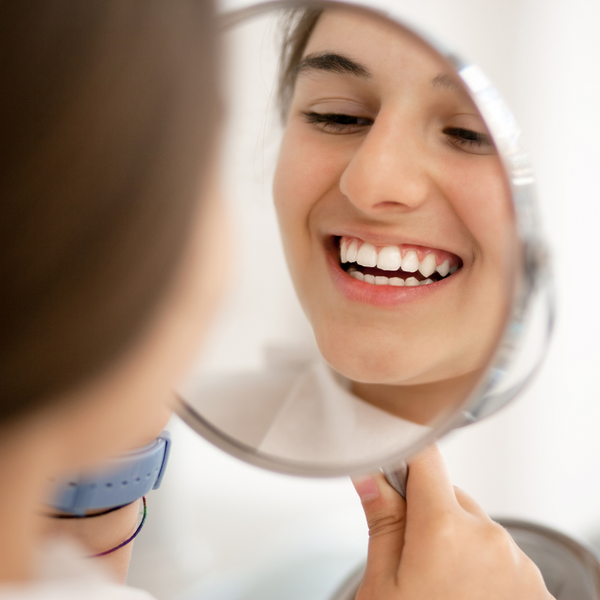
What Your Teeth Say About Your Ancestry
The shape, configuration and landscape of each person's teeth are unique to them. Your teeth are shaped by your genetics and then altered and worn by the food you eat and how you live your life. Your dentist can tell a lot about your personal health and diet from your teeth, and sometimes your teeth also offer clues to your heritage.
How Your Teeth Provide Clues to Your Ancestry
As much as your teeth can tell about you, they can also tell a lot about your ancestors. The genetic markers that determine the shape and size of your teeth are passed down through generations, and some have very particular links to geographical groups of people.
Like many features, our teeth evolved and specialized over thousands of years to accommodate the needs of our ancestors and their lifestyles. These adaptations can still be found in our mouths today, and they can give us clues to understanding where our families came from.
Your Teeth Are Shaped By Genetics
If your ancestors originated in certain regions, there's a chance your teeth may reflect the adaptations theirs made to accommodate their lifestyle, environment and diet. While there are many variations, the three most prominent teeth and ancestry links include:
- - Shovel teeth: Shovel teeth are distinctively shaped teeth primarily found in people with East Asian heritage. These teeth have roots that are double the tooth's size and scooped backs that resemble a shovel.
- - Cusp of Carabelli: People of European descent frequently have Carabelli's cusps on their upper molars. These cusps are additional ridges that help with chewing. Teeth with Carabelli's cusps also have two roots instead of three.
- - Eagle Talon cusp: About 1% to 6% of the population has Eagle Talon cusps. This incisor tooth shape — which looks like a T when viewed from below — is primarily found in people with Native American, Inuit, Chinese or Aleutian ancestry.
What We Can Learn From Teeth
Dental anthropologists study ancient teeth to find out more about the people of the past and how they lived their lives. Studying these teeth has given us insight into historical events and humans or human ancestors in the region, including their behavior, development, diet and health.
We've found that our ancient ancestors faced the same dental problems we experience today, like gum disease, cavities, tartar and abscesses. Their dental remains still reflect the effects of these diseases. From studying dental remains, we know that Neanderthals had diets containing a lot of tough foods and meats, which is why they generally had a lower rate of cavities.
When children experience periods of illness or malnutrition, it can affect their enamel growth. We can see that indication in their adult teeth thousands of years later.
Teeth allow us to understand the lives of the past and how environmental factors and behavioral habits can alter teeth over time.
No Matter Where Your Teeth Are From, Keep Them Healthy With EverSmile
While our ancestors may have shaped our teeth, modern advancements in dentistry and orthodontics have allowed us to improve the way we care for them. Those Neanderthals might have had even fewer cavities if they had the tools and products we have for keeping our teeth pristine.
Check out our online catalog of products to find the perfect solution for keeping your teeth clean.
Related Articles
-
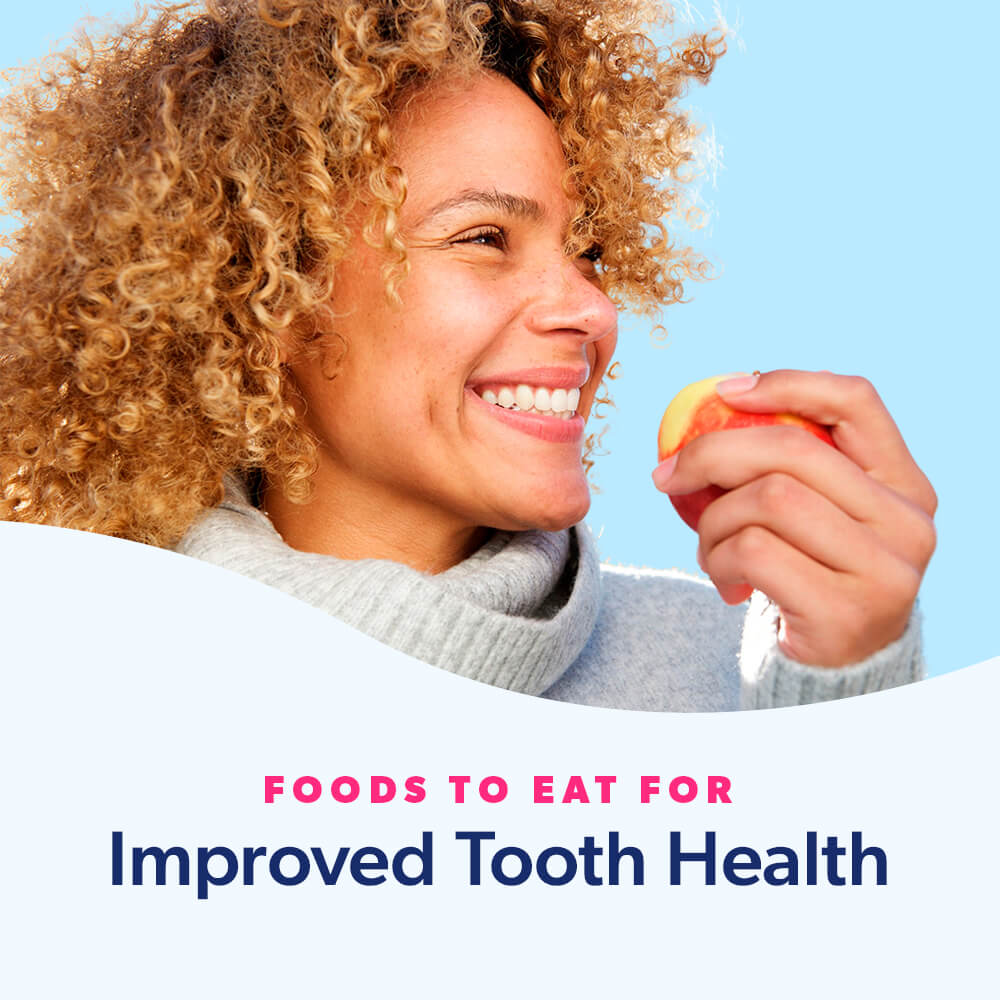
Foods to Eat for Improved Tooth Health
You've heard the saying, "You are what you eat," and this is true when it comes to your dental health. Your dental health and the diet you consume go hand in hand. You can include tooth-friendly foods in your regular diet to support your daily oral...
Read More -
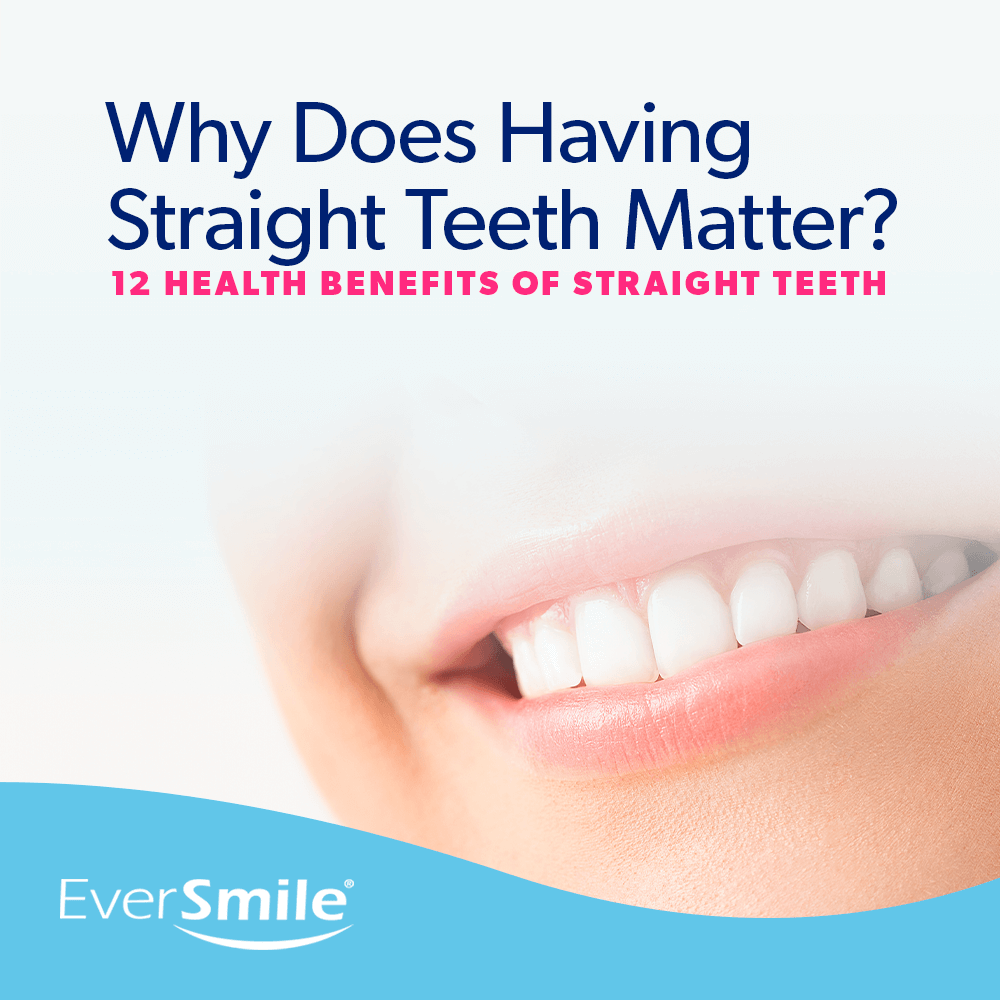
Why Does Having Straight Teeth Matter? 12 Health Benefits of Straight Teeth
If you're one of 81% of adults that think their teeth are unattractive when they see them in photographs, it might feel good to know you're not alone. But it still doesn't change how you feel. Many adults are self-conscious about their smiles because they don't...
Read More -

Top Reasons You Shouldn't Sleep With Dentures
Perhaps it's been a long day, and you're tired. Or, maybe you don't like to be without teeth. What's the harm in leaving your dentures in overnight? There's a reason your dentist recommends removing your dentures for at least five to six hours per day and...
Read More -
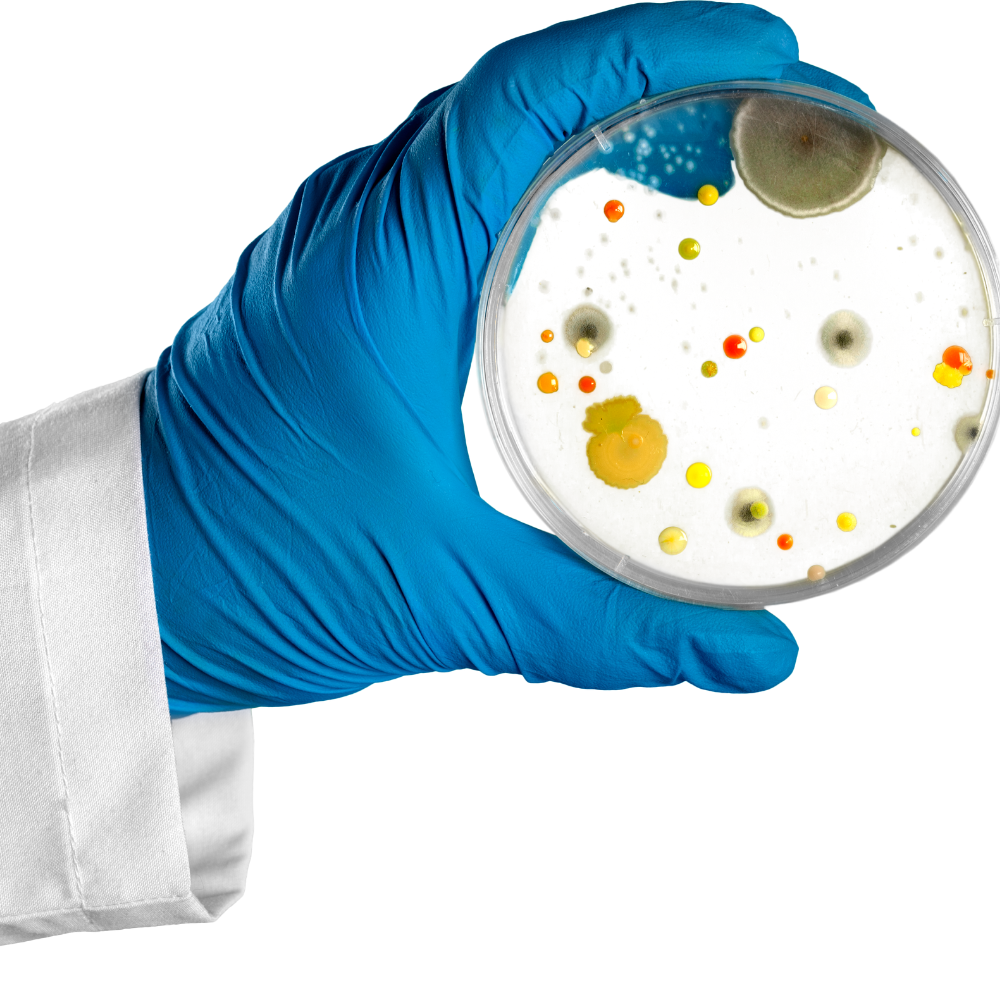
What Bacteria Causes Tooth Decay?
Your teeth have to be tough in order to stand up to the constant use over the course of your lifetime. Fortunately, they're protected by an outer surface called enamel. But even though enamel is one of the hardest materials in your body, it's still...
Read More -
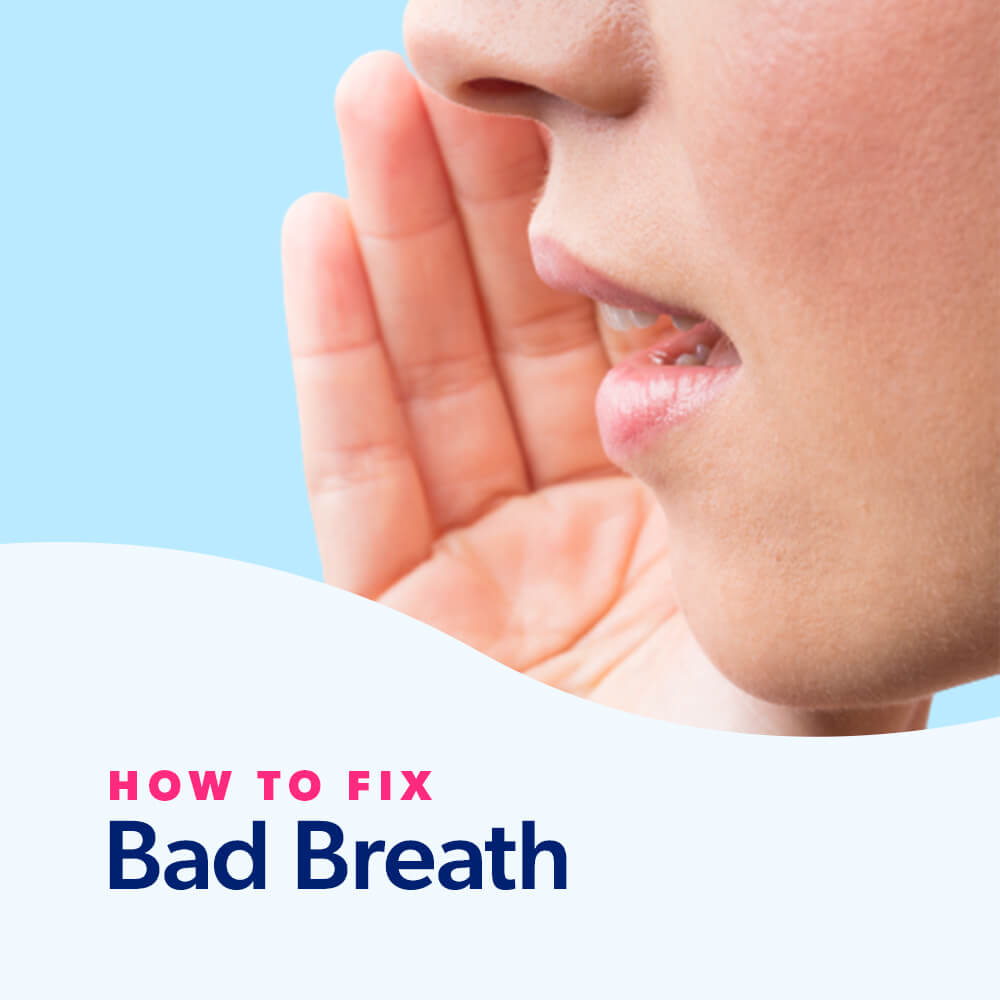
How to Fix Bad Breath
Bad breath is an all-too-common issue that affects almost everyone from time to time. This condition can be temporary or chronic, and it is also referred to as oral malodor or halitosis. Many people experience bad breath in the morning when they first wake up,...
Read More -
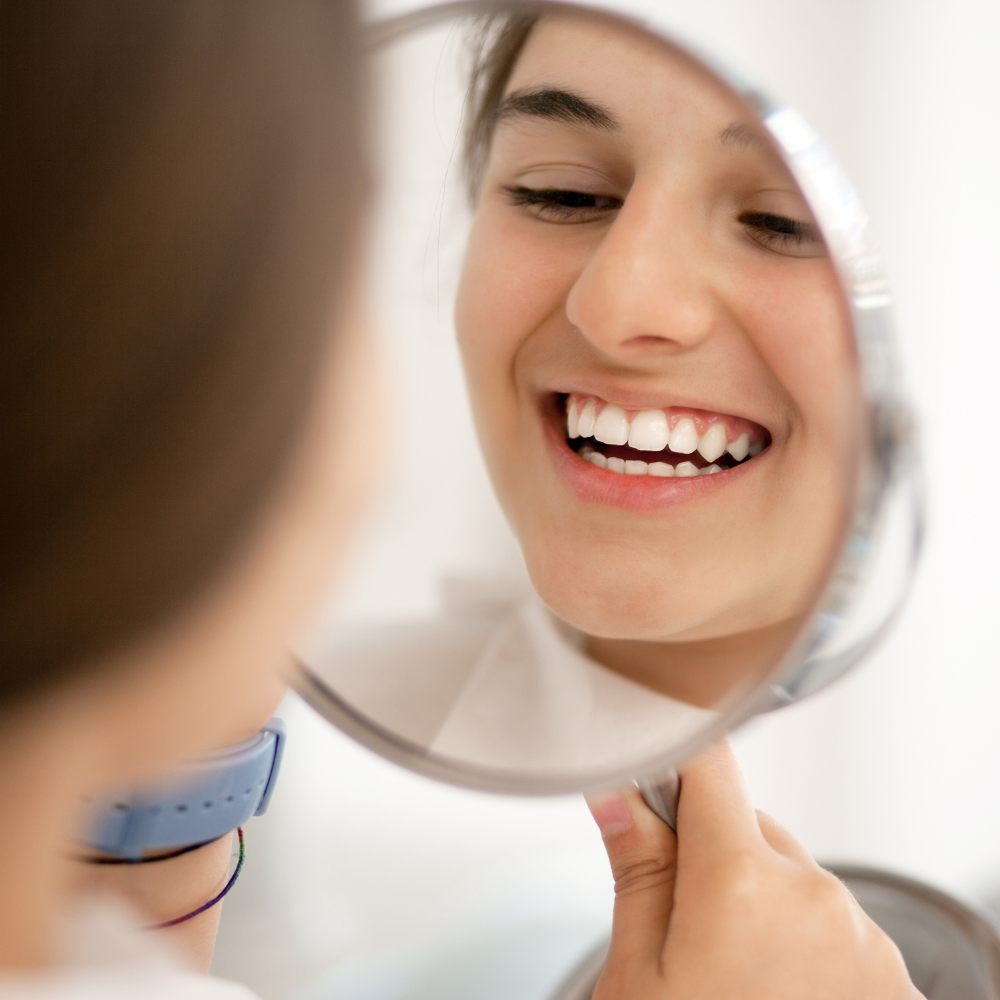
What Your Teeth Say About Your Ancestry
The shape, configuration and landscape of each person's teeth are unique to them. Your teeth are shaped by your genetics and then altered and worn by the food you eat and how you live your life. Your dentist can tell a lot about your personal...
Read More -
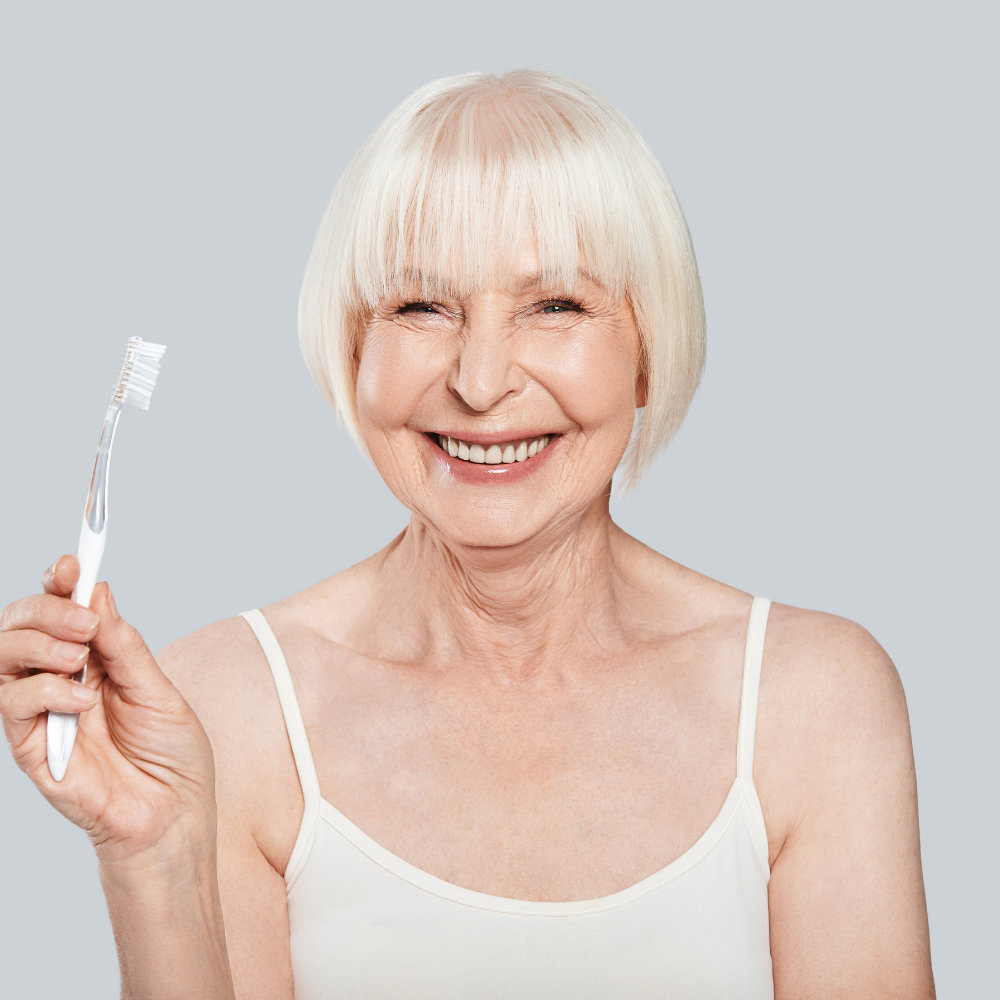
6 Interesting Facts to Know About Your Dental Health
Our teeth grow in within the first few months of our lives. From that point on, we use and care for them every day. Even with all that experience, there are still things many of us don't know about our teeth. Dental Health Facts You...
Read More
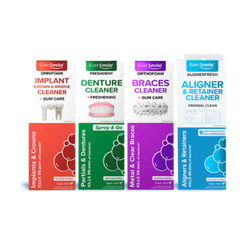

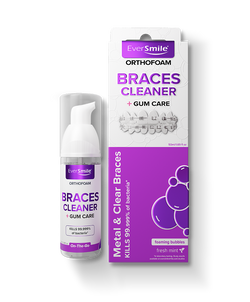
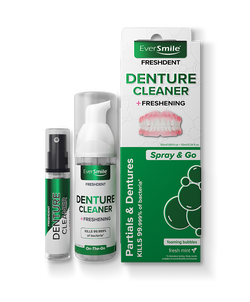
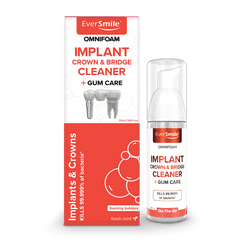









Post a Comment!